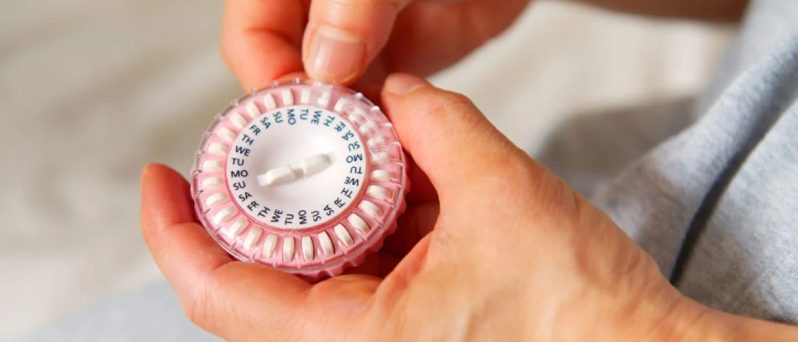You only have to take a quick glance at the 5,000-word long list of different names for periods and TikTokers coding the word to “p3ri0d” into video captions to notice that they’re still widely considered a taboo topic in today’s society. This can make talking about them difficult – especially when talking to a stranger. But there are several reasons why you might need to talk about your period with healthcare professionals throughout your menstruating life. Here are our tips for making it as smooth an experience as possible.
When to go to the doctor about your period
If you’re asking yourself “When should I see a doctor for period problems?”, the simple answer is anytime you feel worried about your period.
When it comes to periods, there really is no ‘normal’, which can make it difficult to know when to see a doctor. Our best advice? Try to learn what is normal for you – what do most cycles look like for your body? Anything that deviates from this might be worth speaking to a healthcare professional about.
In addition, any period-related symptoms that interfere with your day-to-day lifestyle – like heavy bleeding or extreme mood swings – are worth talking to a doctor about. Here are some examples of reasons you should book an appointment to talk about your period:
- If you haven’t had a period for 3 months
- Your cycle length has appeared to change or is infrequent
- Debilitating period pain
- Feelings of low mood or depression in the lead up to your period
- Spotting between periods
There might not always be something wrong so there’s no need to panic, but it’s good to get into the practice of spotting changes and getting them checked out.
Arrive prepared
It’s not your job to know exactly what might be causing your period problems, but it’s a really good idea to come to your appointments prepared for what you’d like to cover. This will help you to feel more comfortable in the appointment and will also help your doctor to really understand your experience.
We recommend tracking your cycle, either manually or using a period tracker app, and recording the regularity and severity of the symptoms you’d like to discuss. This will help you to build up a record of your lived experiences, and answer questions you might be caught off guard with like “When did these symptoms start?”, “Can you describe the pain?”, etc.
It may also be worth doing some research into the symptoms you’re experiencing and suggesting any conditions that really align with your experience – this might help them to pick up on something they hadn’t considered.
Certified Organic
Period Products
Buy Now
Know the period lingo
Knowing your anatomy and using the correct names for each part of your body will help to make the conversation easier. You’ll be clearly communicating to your doctor in medical terms and won’t be using nicknames rooted in stigma. This will help the conversation to feel less awkward and will also help you to get answers quicker since your doctor will understand which areas of your body you’re referring to.
If you’re unsure of the names or feel nervous to talk about them, you could try printing an image of a vulva or reproductive system and showing the healthcare professional exactly where you’re referring to.
Come with questions
If you’re nervous to talk about your period with a doctor, it can be easy to brush over what you’d like to talk about for wanting the experience to be over with. But it’s important you get the answers you’re hoping for. Arrive to your appointment with a list of questions you want answered before you leave. This way you’ll be sure when the appointment is over when all your concerns have been addressed. Preparing a list of questions will set success criteria for the appointment and help you to stick by them. If you’re unsure what to ask this list of questions to discuss with your doctor about your period might come in handy!
Your period problems matter
There’s a reason why conditions like PMDD and endometriosis take years to diagnose – lack of medical research partnered with a belief that debilitating symptoms are actually just part of being a person who menstruates. Our experiences and pain are often brushed off as regular period or PMS symptoms that painkillers, yoga, or a heat pad will fix, but this isn’t always the case. You and the problems you’re experiencing matter, and you deserve the help of healthcare professionals.
Do you have any more tips for talking to doctors about periods? Leave them in the comments below!










Hii so basically my period hasn’t came in 12 days and i didn’t have sex im to young please help!
Hello, if you’ve just started your period recently, it’s quite common that they’re irregular for a little while as your body gets used to your cycle. However if you period still hasn’t come and you’re concerned, we recommend speaking with a healthcare professional when you can.